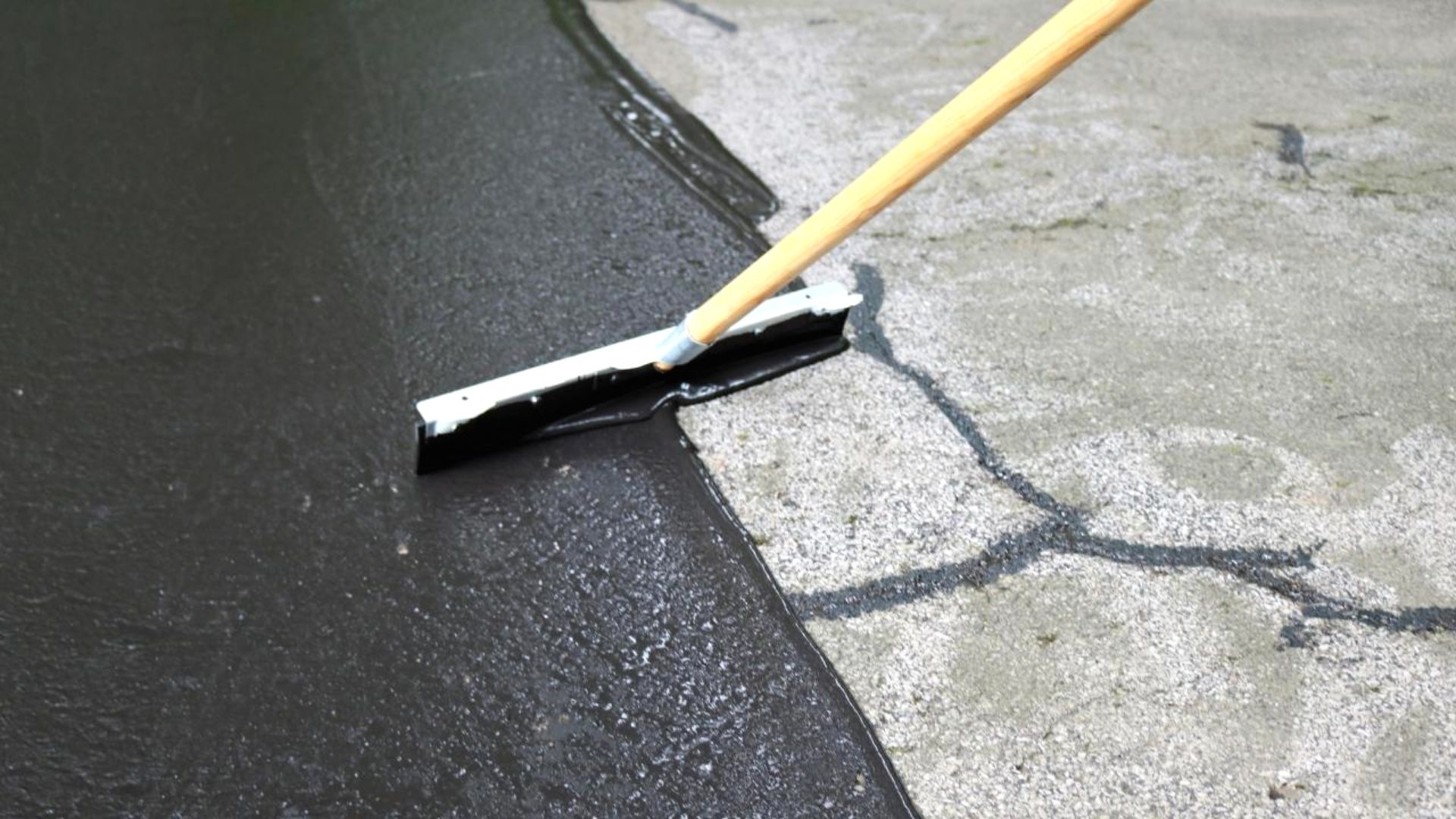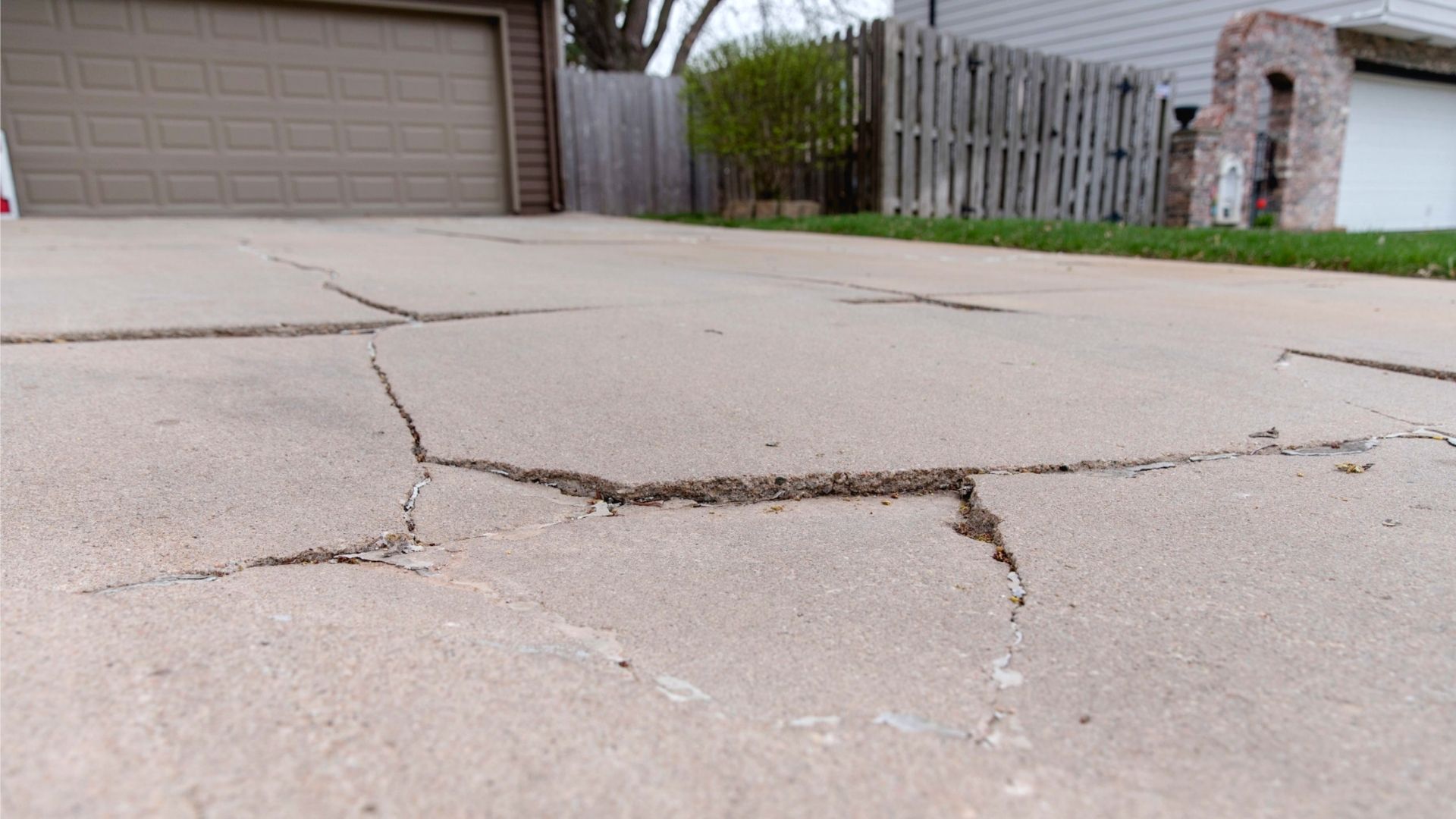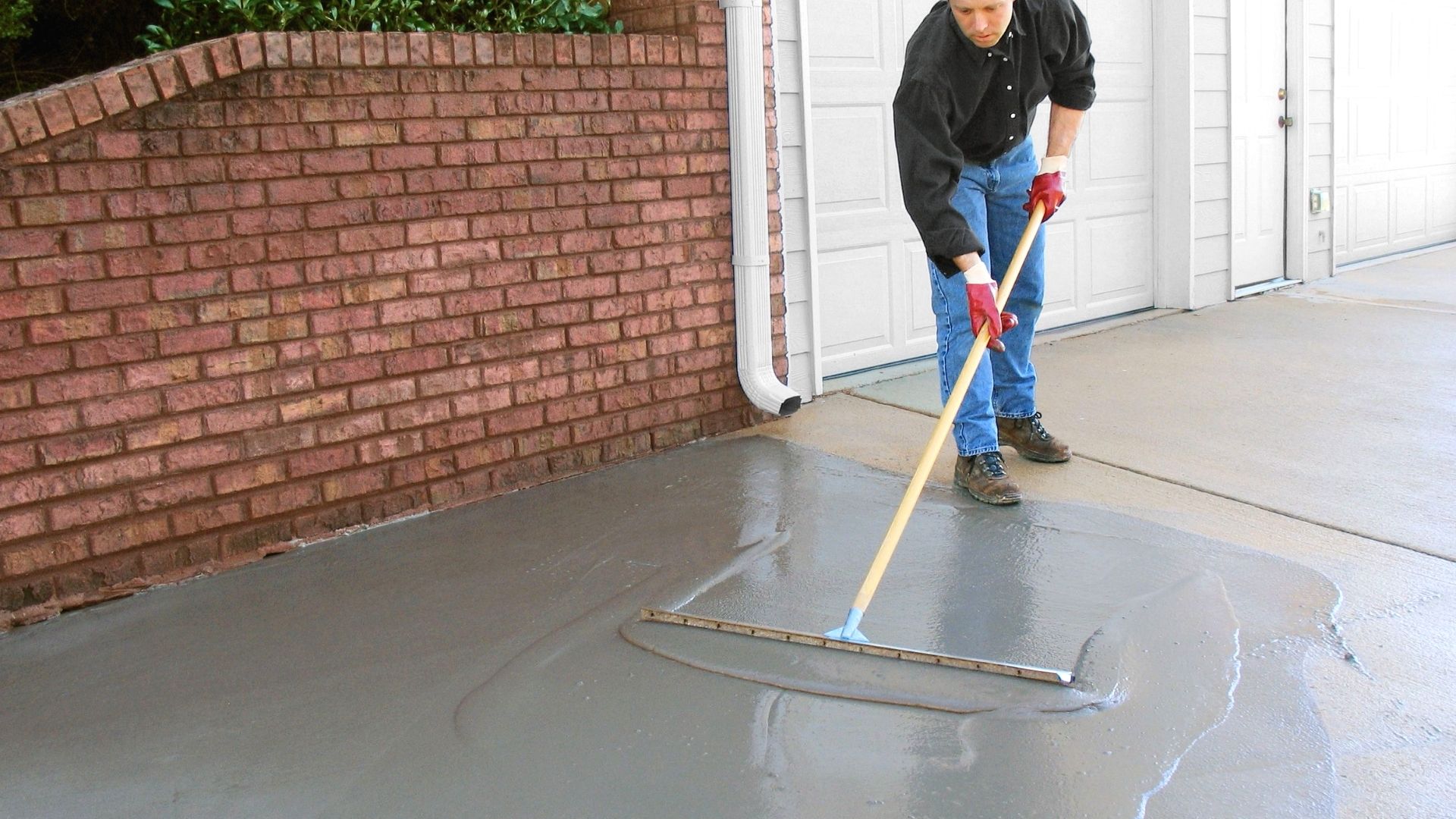Signs It’s Time To Resurface Or Replace Your Driveway

One of the last areas we think about is our driveway regarding home improvement.
It’s quite true that asphalt or stone-paved driveways can last for decades. However, the integrity of their surface is lost over time, calling for a replacement. And to be honest, a cracked and neglected driveway can ruin the look of your whole property.
As a result of the lengthy process of installing a driveway, most people will eventually find potholes and missing stones after some years. These issues can easily be fixed to make the driveway last for many more years or decades.
As the signs of deterioration keep showing up more frequently, it invariably calls for a complete driveway replacement. We listed a few of these in our guide to planning your driveway replacement project as soon as possible.
So, without further ado, let’s get started!
Common Signs It’s Time To Replace Your Driveway

1. Cracks
One of the tell-tale signs of damage in a driveway is cracks running through the surface. Even though you can repair a few minor surface-level cracks with asphalt sealant, deep cracks may cause significant problems. With time, the cracks widen, leading to water damage to the driveway’s foundation.
The best solution to repair deeper cracks in your asphalt driveway or concrete driveway would be to replace it as soon as possible. If you notice multiple cracks in your asphalt driveway or concrete driveway, the best solution would be to get a full replacement.
2. Potholes
Potholes make a driveway look extraordinarily unpleasant and are also dangerous. These are often caused by wear and tear due to regular driveway usage but might also result from rough weather. Relatively new driveways may also get potholes, which usually points to poor work done by the contractors in setting the concrete or asphalt.
And as the driveway’s surface becomes weaker, potholes may expand, and cracks may become more profound. Extreme weather and pressure from heavy vehicles aggravate the issue, so repair work to fill the potholes is no longer an option.
On top of that, constant jerks from driving on top of potholes can seriously damage your car’s suspension system. The best solution is to get a resurfacing or replacement job done on the driveway with newer materials that can withstand potholes for a long.
3. Drainage Problems
Do you find water standing on the driveway for a long time after it has rained? In most cases, this points to drainage issues that might be present on its surface. It may also indicate an uneven or sloped driveway in which there can be water pooling in several parts.
Water standing in an area for a long time can erode the asphalt or concrete, causing cracks and potholes. The water can get to the foundation of your driveway and may cause it to disintegrate. Apart from replacing the driveway, we recommend adding inlets or curbing to reduce water from getting trapped on the surface.
You can also waterproof your driveway after it has been repaired to prevent further water damage and decay.
4. Overall Rough Appearance
You can sometimes understand that a driveway needs replacing just by looking. That said, the harsh UV rays of the sun can fade the asphalt or concrete, leading to a weakened surface. If the problem is only limited to fading, resealing the top surface might increase the driveway’s lifespan.
However, a replacement might be a better choice if the driveway has sustained more damage than a faded look. Neglected driveways often have visible cracks, potholes, and a thin upper surface.
5. Damaged Resealing
To keep it in good condition, it is essential to reseal your asphalt or concrete driveway every two to three years. This minimises the chance of potholes or cracks developing and even reduces damage caused by water, oil, or other chemicals. It would be best if you were extra careful around the edges to avoid cracks.
It may be necessary to replace your driveway if it hasn’t been sealed in a few years. In addition, keep up with the resealing schedule to keep from having to make frequent repairs to fill cracks or potholes in your driveway.
6. Old Driveway
Was your asphalt driveway laid down over 20 years ago? If so, it might be the right time to get a replacement. Comparatively, concrete or stove-paved driveways last for a longer time. But, all of these surfaces will be affected by harsh sunlight, UV rays, rain, and chemicals, leading to cracks, potholes, or all-around damage.
When the driveway is beyond its prime, repairs likely won’t work and will waste your time and money. Instead, a total replacement of the driveway, at times with better material, may let you retain the newly installed surface for decades to come.
Options For The New Driveway
You’ll need to choose a suitable material when replacing your old driveway. We suggest consulting with a contractor to get more input about which driveway would work best for your property. Other than that, here are some popular options preferred by most homeowners:

1. Asphalt
Asphalt is the most prevalent driveway material, along with being the cheapest. When maintained properly with regular resealing and minor repairs, these driveways can last for 15-20 years. But, the appearance of asphalt may not suit homes with elaborate exteriors and outdoor decor.
2. Concrete
Concrete has to be one of the most rigid materials for creating driveways, with the surfaces easily lasting fifty or more years. It’s a bit costlier than asphalt driveways but needs less maintenance, making it a pocket-friendly option in the long run. As a versatile medium, concrete lets you create diverse looks, primarily through colours and textures.
3. Pavers
Try to think about the most beautiful driveways you must have seen, which will likely be paved with cobblestone or pavers. As you might have guessed, these are costlier than asphalt or concrete but allow you to have a more customised look. These driveways can last for 25-50 years, while some remain in place even after 100 years.
Do You Need To Replace Your Driveway
This concludes our article about signs that could indicate it’s time to replace your old or damaged driveway. We hope our advice and tips will help you replace your driveway on time.
Additionally, we recommend hiring a contractor to get possible solutions whenever you notice signs of deterioration like deep cracks and potholes. Make sure to discuss the material of your choice and whether it would work in your driveway.
Get in touch with Top Coat Concrete in Sydney if you need to replace or resurface your driveway. You can count on our team of experienced technicians to provide a resurfacing option and a brand-new finishing solution for your driveway. With our team, you can be assured that your driveway in Sydney will last for a long time with minimal maintenance.
Until next time!
Newsletter
Sign up to our flooring, epoxy and concrete blog newsletter and get all the latest news, tips and tricks from the industries best in Sydney.
Related Articles

What Is The Best Concrete Sealer For Your Driveway
Looking to pave your driveway with a suitable concrete sealer? Check out this brief guide to know which sealer is the best for you!

Resurfacing vs Replacing a Driveway: What to Know
Wondering whether to resurface or replace the driveway that looks like it is crumbling or damaged in places? Check out our comprehensive guide on the topic.

How To: Resurface A Concrete Driveway
Confused about how to resurface your driveway using concrete? Follow our guide as we give industry tips and knowledge for resurfacing your driveway DIY style.